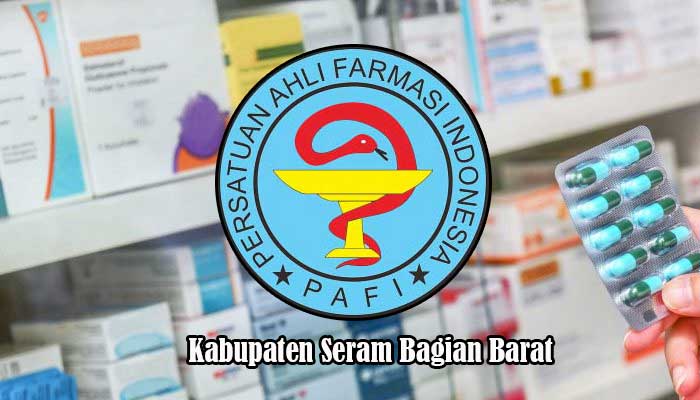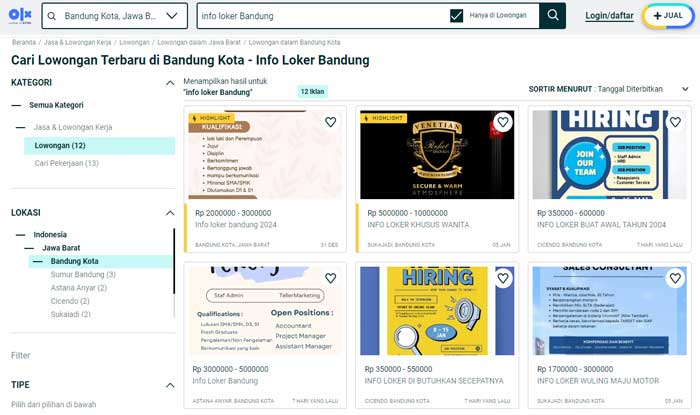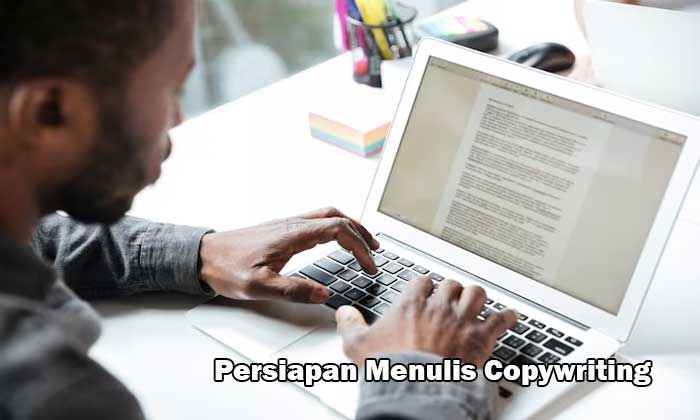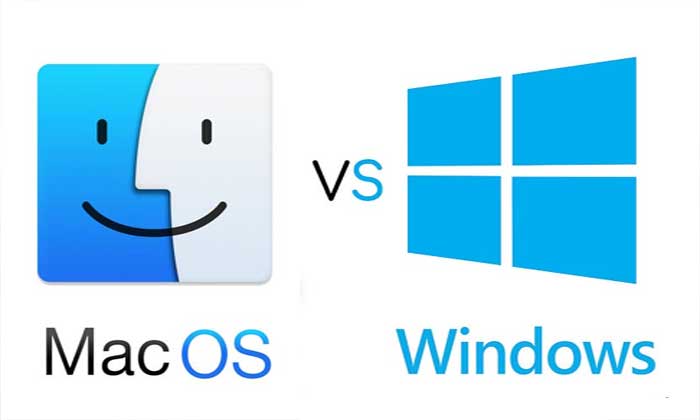
In the health sector, the role of pharmacists and pharmaceutical professionals is vital. In Indonesia, the PAFI (Persatuan Ahli Farmasi Indonesia) is the professional organization that encompasses these pharmaceutical professionals. Since its establishment, PAFI has actively played a role in developing the pharmacy profession and improving the quality of health services for the Indonesian community. This article will provide an in-depth review of PAFI’s roles, functions, and contributions in enhancing public health in Indonesia.
History and Organizational Structure of PAFI
PAFI was established on September 13, 1965, in response to the need for an organization that could unite pharmaceutical professionals in Indonesia. Over time, PAFI has evolved into a strong and influential organization, with the primary aim of improving the quality and professionalism of pharmaceutical personnel in Indonesia.
Organizational Structure
PAFI consists of several organizational structures that ensure the smooth operation and functionality of the organization. These structures include the Central Executive Board (DPP), Regional Executive Boards (DPD), and Branch Executive Boards (DPC). Each level has specific roles and responsibilities to support PAFI’s goals.
Functions and Roles of PAFI
PAFI plays a crucial role in the education and training of pharmaceutical personnel. The organization routinely conducts various seminars, workshops, and training sessions to enhance the competencies and knowledge of its members. These programs are designed to ensure that pharmaceutical professionals stay up-to-date with the latest developments in pharmacy science and healthcare technology.
Standardization and Certification
PAFI is also responsible for setting professional standards and certifying pharmaceutical personnel. This standardization includes professional competence, work ethics, and good pharmacy practices. Certification ensures that pharmaceutical professionals in Indonesia can provide quality and professional services to the public.
Advocacy and Regulation
As a professional organization, PAFI also plays a role in advocacy and regulation. PAFI often collaborates with the government and related agencies to formulate and implement policies related to the pharmaceutical sector. This advocacy includes protecting the rights of pharmaceutical personnel, improving the quality of health services, and supervising the distribution of drugs in the community.
PAFI’s Contributions to Public Health
PAFI actively engages in health education and awareness programs for the community. These educational programs aim to increase public awareness about the importance of the correct and rational use of medications, as well as other health-related information. Through these programs, PAFI helps the community better understand and utilize available health services.
Research and Development
PAFI also supports research and development in the field of pharmacy. The organization frequently collaborates with universities and research institutions to develop innovations in pharmacy that can improve the quality of life. This research includes the development of new drugs, more effective treatment methods, and the latest pharmaceutical technologies.
International Cooperation
PAFI operates not only at the national level but also actively engages in international cooperation. Through partnerships with international pharmaceutical organizations, PAFI brings insights and best practices from abroad to be implemented in Indonesia. This cooperation also opens opportunities for Indonesian pharmaceutical personnel to develop their careers on an international scale.
Challenges and Opportunities
Despite its significant contributions, PAFI faces various challenges. One of the main challenges is the uneven distribution of pharmaceutical personnel across Indonesia. Additionally, the rapid development of technology demands that pharmaceutical personnel continuously learn and adapt to changes.
Opportunities
On the other hand, technological advancements present significant opportunities for PAFI and its members. With digital technology, PAFI can expand the reach of its education and training programs and increase efficiency in health services. Moreover, the growing public awareness of health offers opportunities for pharmaceutical personnel to play a more active role in promotive and preventive efforts.
Conclusion
PAFI holds a crucial role in the health sector in Indonesia. Through various programs and initiatives, PAFI has succeeded in improving the competence of pharmaceutical personnel, establishing professional standards, and contributing to the enhancement of health service quality for the public. Despite facing various challenges, PAFI continues to strive to meet the community’s needs and capitalize on available opportunities to achieve better public health.
By understanding PAFI’s roles and contributions, we can better appreciate the importance of the pharmacy profession in the health system and support their efforts in improving public health in Indonesia.
The Role of PAFI in Public Health in Indonesia






